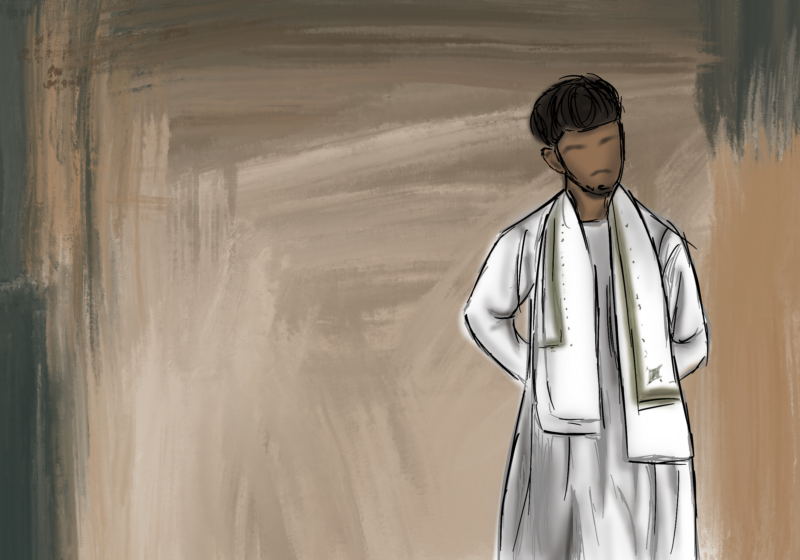The Committee to Review Fraternities and Sororities decided on its direction of action in the final meeting on April 13. The decision was that Greek life needed to be preserved, but the current system needed more and clearer communication in advance. “We want to move away from judicial action and towards setting some standards,” Dean of Students Jody Asbury said. Asbury was one of several representatives of the administration on the committee. It also included alumni and current students, both from within the Greek community and not affiliated with any Greek group.Dean of The College William Green was also on the committee, as was Associate Dean of Students in charge of discipline Matt Burns, Director of Fraternity and Sorority Affairs Monica Miranda-Smalls, chairman of the Board of Trustees Robert Witmer, senior and Speaker of the SA Senate Alex Voetsch, senior Karen Taylor and several others. Green reassured the community that, despite some fears, the adminstration supported the Greek community. “Some people don’t think we’re committed to supporting fraternities and sororities,” he said. “[But] we are.””We would have not spent a year working on this to decide to get rid of a community,” Miranda-Smalls said. “Our goal was to create a college-centered Greek system that recognizes the social role they play and how strong social groups can contribute to life of the college,” Green said. “We’re not about the elimination of Greek life, but we do want to improve it.”Miranda-Smalls continued, “This should enhance fraternity and sorority life on campus. A strong, viable, college-centered [system] will increase the strength of chapters.””I think [the committee’s decision] is important,” Voetsch said. “It shows the administration cares about Greek societies on campus. I really want to dispel rumors that the administration wants to get rid of [Greeks]. This shows they don’t.”The largest problem the committee faced was the fact that the current Greek system lacks organization. “Part of the problem is the fragmented structure of Greek organizations,” Green said. Burns explained this hurdle further. “Think about the fraternity and sorority community – you’ve got me, Monica Miranda, alums, the college, and [fraternities] are getting different advice from different sources, and that really makes things unclear,” Burns said. “They’re free to choose whoever to listen to, and God help them if they don’t get the right advice.”Voetsch also felt that more consistent messages would be important. “The school expects Greek societies to live up to certain standards and punish them when they don’t,” he said. “The problem with this is that [the rules] are not written down anywhere.”The CRFS’s decision will be implemented by a permanent committee, the Fraternity and Sorority Oversight Committee. There will be two subcommittees – the Standards subcommittee and the Finance and Facilities subcommittee. The CRFS was only concerned with long-term plans and the overall system, so current legal problems in certain fraternities were not discussed. However, among other things, the committee hopes to make such incidents rarer. “If [the FSOC] was in place, leadership would have had a much better time talking to their brothers,” Voetsch said. “Situations would be much less likely to arise. Situations such as [ADF’s problems] could be prevented because it [the committee] could have caught problems before they escalated.”Levesque can be reached at clevesque@campustimes.org.
Album Review
Mustafa’s “Dunya,” about life with all its flaws
When I first saw the new release of “Dunya,” I could already tell it would echo his love for his culture through his music.
Class Council
Students’ Association releases Fall 2024 election results
With new additions to the 2028 Class Council and Senate, UR’s Students Association has welcomed new members as a result of the Fall 2024 Elections.



